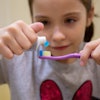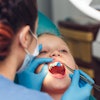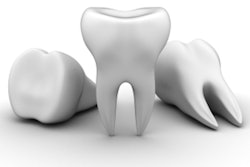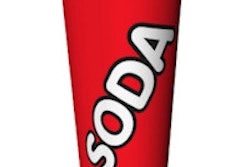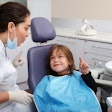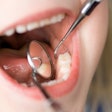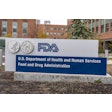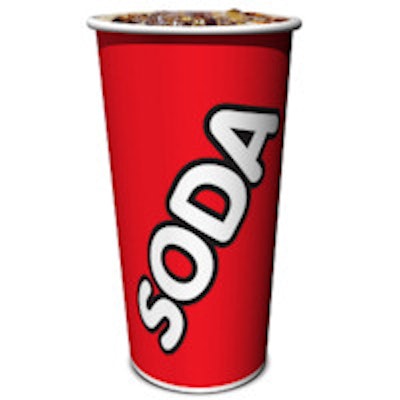
Australian researchers are warning parents of the dangers of drinks that are high in acidity, which form part of a "triple threat" of permanent damage to young people's teeth. These drinks include soft drinks, fruit juice, sports drinks, and others.
For the first time, dental researchers at the University of Adelaide have been able to show that lifelong damage is caused by acidity to the teeth within the first 30 seconds of acid attack. They published their findings from a tooth enamel erosion study in the Journal of Dentistry (July 1, 2014).
“Our research has shown that permanent damage to the tooth enamel will occur within the first 30 seconds of high acidity coming into contact with the teeth.”
"Our research has shown that permanent damage to the tooth enamel will occur within the first 30 seconds of high acidity coming into contact with the teeth. This is an important finding and it suggests that such drinks are best avoided," stated corresponding author Sarbin Ranjitkar, BDS, PhD, in a university media release. Dr. Ranjitkar is a member of the university's Craniofacial Biology Research Group, which is part of the Centre for Orofacial Research and Learning. The research was conducted by School of Dentistry honors student Chelsea Mann.
"If high-acidity drinks are consumed, it is not simply a matter of having a child clean their teeth an hour or 30 minutes later and hoping they'll be OK -- the damage is already done," he said.
The study results build on a 2012 study in General Dentistry by Poonam Jain, BDS, MPH, and colleagues that tested 13 sports drinks and nine energy drinks for acidity (May-June 2012, Vol. 60:3, pp. 190-197). That study found that both sports and energy drinks caused damage to tooth enamel.
Triple threat
Drinks high in acidity combined with nighttime tooth grinding and reflux can cause major, irreversible damage to young people's teeth, according to the researchers of the current study.
"Often, children and adolescents grind their teeth at night, and they can have undiagnosed regurgitation or reflux, which brings with it acidity from the stomach," Dr. Ranjitkar noted. "Combined with drinks high in acidity, this creates a triple threat to young people's teeth which can cause long-term damage to teeth."
"Dental erosion is an issue of growing concern in developed countries, and it is often only detected clinically after extensive tooth wear has occurred," Dr. Ranjitkar said.
"Such erosion can lead to a lifetime of compromised dental health that may require complex and extensive rehabilitation, but it is also preventable with minimal intervention," Dr. Ranjitkar noted.
Speaking during the recent Australian Dental Association's Dental Health Week, August 4-10, Dr. Ranjitkar said the number of cases of tooth erosion from the consumption of acidic beverages is on the rise in children and young adults.
Dr. Ranjitkar advised parents to minimize their children's consumption of any kind of soft drinks, sports drink, fruit juice, or acidic foods. He suggested children consume fresh fruit instead of drinking fruit juice.
"Although fresh fruit is naturally acidic, it is a healthier option to fruit juice, which can have additional food acids in it," he said. "The important thing to appreciate is that there is a balance between acids and host protection in a healthy mouth. Once that balance is shifted in favor of the acids, regardless of the type of acid, teeth become damaged."
